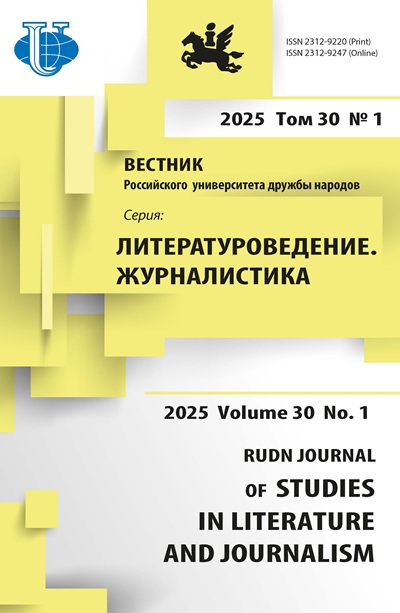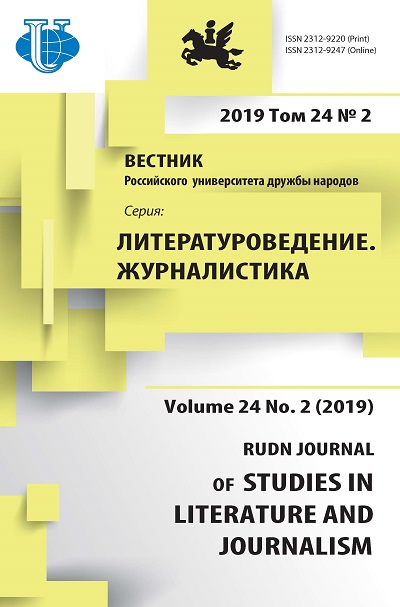Abstract
The article investigates the communicative mechanism of verbal suggestion in television advertising. Suggestion is considered as a media-constructed type of communication, the subject of which is an advertising message, which includes in its content an emotive narrative that stimulates the recipient’s desire to buy the advertised product, and directive speech acts in the form of an installation that directs the consumer’s actions in the interests of the brand. Particular attention is paid to communicative techniques, the specifics of speech statements, characteristic lexical and grammatical structures that implement the strategy of suggestion. The communicative mechanism of suggestion is revealed on the examples of Russian television commercial advertising. Research of suggestion as a specific process of communication meets the modern needs of brands that advertise their product in the conditions of commodity abundance and reduce consumer demand.
















